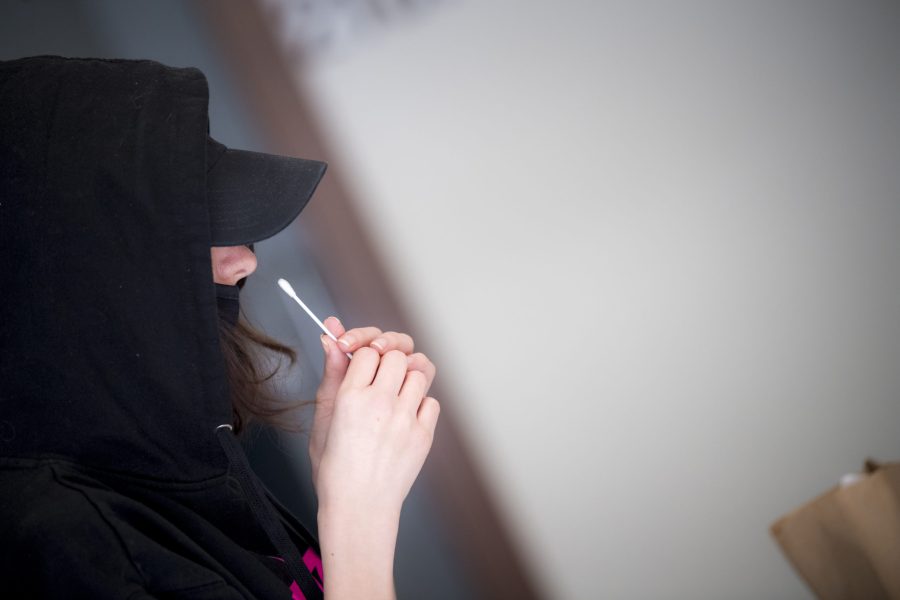An article by CBS8 states that there may be inaccuracies in the number of cases reported by the county as people who test positive may not be reporting it to their healthcare providers.
Currently, positive COVID-19 results from at-home rapid tests do not show up on the county’s number of positive cases unless those who test positive notify their healthcare providers.
In the article, Dr. Davey Smith, chief of infectious diseases and global health at UC San Diego is adamant that individuals who test positive notify their physician especially if they are high risk.
“For someone with high-risk conditions and don’t even know they are high risk, their doctor should know there are therapies they may be eligible to get and prevent them from getting in the hospital and dying,” said Smith.
In order to combat the rapid spread of the Omicron variant, UCSD is recommending, but not requiring, that all students returning to campus-owned housing take an at-home rapid test prior to their arrival.s
Students returning to campus housing after Jan. 7 can receive a free rapid antigen test mailed to them by filling out the form in their housing emails no later than Jan. 21.
Currently, the Centers for Disease Control and Prevention (CDC) states that individuals who test positive using an at-home test should immediately isolate, contact their healthcare provider, and contact anyone they have been in contact with.
The New York Times states that at-home COVID tests have an accuracy of roughly 85%, but they are most sensitive for individuals who are experiencing symptoms. Because the tests are conducted by collecting viral loads, it may deliver false negatives in asymptomatic individuals who do not carry large viral loads in their body.
Individuals may not be informing their healthcare providers of a positive test result because they have little to no symptoms and therefore do not require medical help.
A sophomore at UCSD contracted the virus at home during winter break and immediately went into isolation, experiencing no symptoms.
“I took a rapid test at home and that’s how I found out I was positive. I immediately went into isolation and contacted everyone I was exposed to. I had no symptoms because I am vaccinated so I didn’t call my doctor as I felt completely fine,” the student said.
Like this student, many people who test positive but have no symptoms isolate immediately but do not inform their healthcare providers because they are unsure if they have to or not.
Additionally, many counties across the country are experiencing a shortage of at-home tests and appointments for PCR tests within the necessary time frame.
Arjun Malleswaran, a Sixth College sophomore, is skeptical about the numbers of cases reported in counties due to a shortage of at-home tests and in-person testing appointments.
“I know a couple people who could not find any rapid tests in stock so they had to order them online,” Malleswaran said. “It arrived a couple days later and they had quarantined until then but hadn’t notified their healthcare providers because they weren’t sure if they were positive or not.”
Photo courtesy of Erik Jepsen at UC San Diego.














